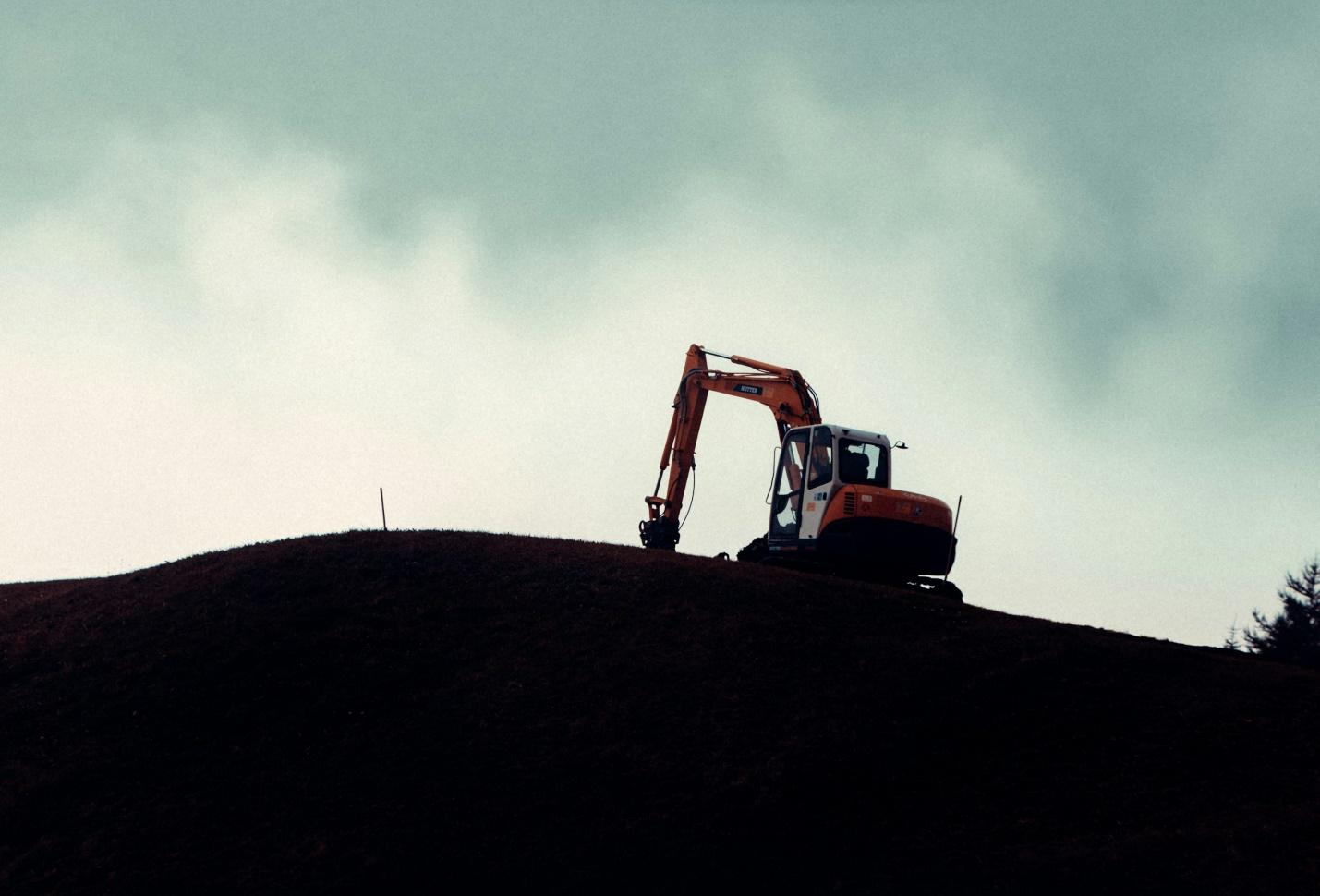Vacuum excavators are rapidly gaining traction among contractors and utility staff assigned to dig around buried infrastructure. Notably, they’re also referred to as hydrovacs, suction excavators, suc trucks, excavation systems, and vac trucks, with variations in terminology from region to region. By using high-pressure water and powerful suction, these machines allow for accurate, non-destructive excavation. Their precision and safety make them a go-to solution for projects where protecting underground utilities like wires and cables is critical, which is often the case in urban or increasingly urbanized areas. This solution is also favored for its reduced risks of damage or injury and a prompt completion of projects.
The implications of picking the wrong vacuum solution can cost a lot. For this reason, we’re offering you the laydown on what choosing a suction excavator implies.

Photo source: https://unsplash.com/photos/a-bulldozer-on-top-of-a-hill-on-a-cloudy-day-8MgAlJTXXW0
What’s a suction excavator?
A suction excavator is an innovative machine that relies on high-powered suction to efficiently and safely remove debris and soil from the ground. The material that must be eliminated is drawn through a large hose and deposited into a storage tank within the vehicle, which holds it until the material is disposed of. These machines come in a range of sizes to suit different project needs. For instance, compact models are ideal for tight or urban spaces where access is limited. At the same time, tracked versions are the better choice for rough terrain or sites where wheeled vehicles can’t operate.
What are the advantages of vacuum excavators?
Vacuum excavators have numerous advantages over the traditional, manual excavating method. From slashed environmental impact to enhanced safety and lower expenses, it’s understandable why an increasing number of contractors are leaning into vacuum excavation. But let’s note some of these advantages down:
- Precision. Suction excavators are known for their premium precision. For instance, an experienced worker can remove the earth surrounding heavy tree roots while leaving the area unimpacted. Depending on the gear’s size, one can even move heavy, well-enrooted trees and conduct work around the strongest of roots. This precision is priceless when you need work to be performed in tricky areas with numerous structures.
- Site safety. The cable cords used during excavation aren’t just risky – they can be deadly. Here’s where suction excavators come in to eliminate related risks, removing earth from around cables and utilities safely and risk-free. Additionally, one can reduce the amount of dust typically generated by traditional excavation methods. More conventional gear leads to worryingly large amounts of dust being released into the air and polluting the environment, a growing concern due to its health implications.
- Efficiency. Vacuum excavators can empty substantial areas of ground in significantly less time than manual excavation methods. Traditional digging is usually slow and labor-intensive, but vacuum excavation offers a faster and more efficient alternative, easily removing large amounts of debris and soil. This increased productivity translates into a lower cost per cubic meter, making it both a time- and cost-effective solution for numerous projects. It can also drain off liquids, like the water found in hollows.
Vacuum excavation is regarded as environmentally friendly
Vacuum excavators are increasingly recognized for their ecologically friendly advantages that traditional excavation methods lack. By reducing dust, soil disturbance, and reliance on fuel-intensive machinery, vacuum excavators provide a cleaner, more sustainable approach to digging, which is particularly advantageous in sensitive or utility-dense areas.
- The fact that the debris goes straight into a containment tank and keeps dirt from being released into the air means that the site undergoes significantly less pollution compared to traditional digging methods
- Vacuum excavators target only the necessary areas and don’t impact the surrounding ground, like conventional solutions often do
- Vacuum excavators reduce greenhouse gas emissions because they use less fuel and machine intensity
- The non-destructive nature of vacuum excavation reduces the risk of damaging buried infrastructure, such as fiber optic cables, gas lines, and water mains.
- Materials removed via vacuum excavation are frequently reused or recycled, reducing the waste and aligning with sustainable practices.
Suction excavation’s applications
Suction excavators can be used in multiple spaces. For instance, using a tracked excavator on a beach to clear blocked pipework makes the job easy and safe while preventing environmental damage. Vacuum excavators are often used on building sites, ranging from residential to commercial developments.
Suction excavators are widely used across industries that work near underground utilities, especially in situations like roadworks, where unmarked or unexpected utility lines are uncovered. Their precision and effective digging capabilities make them invaluable in multiple sectors, like civil engineering, highways, rail, utilities, airports, refineries, and gas infrastructure.
Exploring the downsides
While vacuum excavators offer significant benefits, such as precision, safety, and reduced surface disruption, they also come with their share of challenges. High upfront costs, waste disposal logistics, and the need for operator training can impact project efficiency and budget. Choosing the right machine size, understanding operational demands, and planning for proper training and waste management are crucial to maximizing the benefits of vacuum excavation technology.
For contractors considering bringing this method in-house, a clear understanding of these potential drawbacks will help avoid costly missteps and ensure long-term success. And for those who only need a truck for one or a few projects, where buying equipment may not be necessary, a good idea is to look for vacuum excavator hire services. One can purchase or hire such equipment to complete their project – it depends on their needs, budgetary limits, the site’s size, and other factors.
Last words
Vacuum excavators are transforming the way operators approach excavation, offering a cleaner, safer, and more efficient alternative to traditional digging methods. The precision, reduced environmental impact, and ability to protect underground infrastructures make them a smart investment across industries ranging from civil engineering to utilities and beyond.
Whether you’re looking to buy or hire, understanding your project needs is key. Urban spaces become more complex, making vacuum excavation a standard for safe, responsible groundwork.








